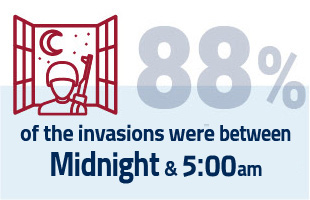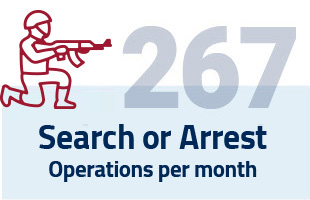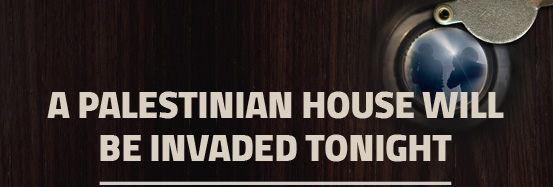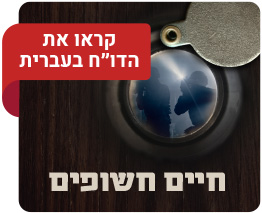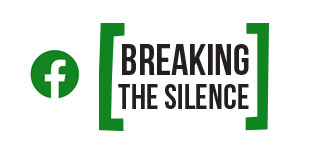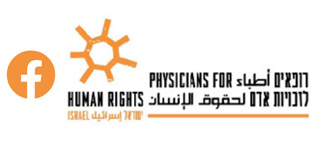It happens nearly every night. Without warning, without a search warrant, without a court order. While you are sleeping peacefully, a Palestinian family is woken up abruptly.
Their children are gathered in a room, afraid, trying to understand why they were suddenly yanked out of bed by masked soldiers who are now standing in the middle of their living room, photographing them, opening their drawers, speaking to them in broken Arabic.
When the soldiers leave the house, they leavebehind much more than a mess in the living room. The Palestinian family is left with trauma: with fear of what the next night will bring, children who wet their beds, and a feeling of being unsafe in their own home, of a loss of control. Every such invasion shatters the most basic premise of being a parent – the knowledge that they can protect their children.
According to the United Nations Office for the Coordination of Humanitarian Affairs (OCHA) Israeli security forces invaded homes belonging to Palestinian families 6,402 times in 2017-2018. This happens routinely, and without a judge’s order, without an entry order, without a search or arrest warrant, often completely arbitrarily and without any suspicion towards the occupants of the house.
Yes, home invasions can always be justified as security precautions. It is, perhaps, the easiest excuse. But with all due respect to security precautions, let’s be honest – that’s not the whole story. We invite you to join us in scratching beneath the surface. Our report details the routine practice of home invasions, presenting a legal analysis as well as the consequences on the mental health of Palestinian families with information gleaned from testimonies given by Palestinians and Israeli ex-soldiers.
A Life Exposed contains data collected on the basis of 158 Palestinian testimonies collected by Yesh Din and 31 interviews conducted by Physicians for Human Rights from Palestinian men and women who experienced an invasion of their homes, as well as 80 interviews conducted by Breaking the Silence with Israeli ex-soldiers who took part in house invasion missions. Our report unquestionably shows: invasions by the Israeli military into Palestinian homes are an inseparable part of life under Israeli occupation and the system of control over Palestinians that it entails.
It happens nearly every night. Without warning, without a search warrant, without a court order. While you are sleeping peacefully, a Palestinian family is woken up abruptly.
Their children are gathered in a room, afraid, trying to understand why they were suddenly yanked out of bed by masked soldiers who are now standing in the middle of their living room, photographing them, opening their drawers, speaking to them in broken Arabic.
When the soldiers leave the house, they leavebehind much more than a mess in the living room. The Palestinian family is left with trauma: with fear of what the next night will bring, children who wet their beds, and a feeling of being unsafe in their own home, of a loss of control. Every such invasion shatters the most basic premise of being a parent – the knowledge that they can protect their children.
According to the United Nations Office for the Coordination of Humanitarian Affairs (OCHA) Israeli security forces invaded homes belonging to Palestinian families 6,402 times in 2017-2018. This happens routinely, and without a judge’s order, without an entry order, without a search or arrest warrant, often completely arbitrarily and without any suspicion towards the occupants of the house.
Yes, home invasions can always be justified as security precautions. It is, perhaps, the easiest excuse. But with all due respect to security precautions, let’s be honest – that’s not the whole story. We invite you to join us in scratching beneath the surface. Our report details the routine practice of home invasions, presenting a legal analysis as well as the consequences on the mental health of Palestinian families with information gleaned from testimonies given by Palestinians and Israeli ex-soldiers.
A Life Exposed contains data collected on the basis of 158 Palestinian testimonies collected by Yesh Din and 31 interviews conducted by Physicians for Human Rights from Palestinian men and women who experienced an invasion of their homes, as well as 80 interviews conducted by Breaking the Silence with Israeli ex-soldiers who took part in house invasion missions. Our report unquestionably shows: invasions by the Israeli military into Palestinian homes are an inseparable part of life under Israeli occupation and the system of control over Palestinians that it entails.
